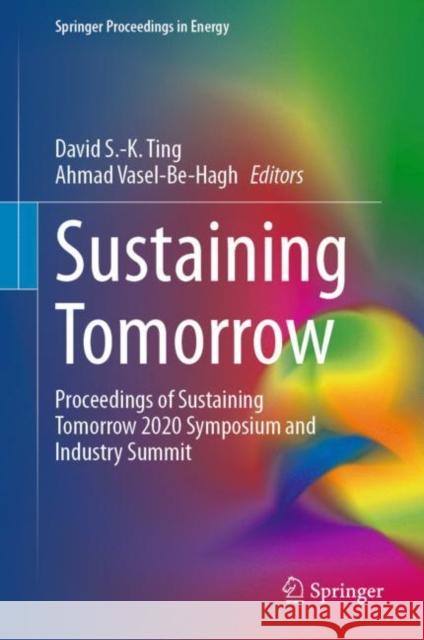Sustaining Tomorrow: Proceedings of Sustaining Tomorrow 2020 Symposium and Industry Summit » książka
topmenu
Sustaining Tomorrow: Proceedings of Sustaining Tomorrow 2020 Symposium and Industry Summit
ISBN-13: 9783030647148 / Angielski / Twarda / 2021 / 226 str.
Sustaining Tomorrow: Proceedings of Sustaining Tomorrow 2020 Symposium and Industry Summit
ISBN-13: 9783030647148 / Angielski / Twarda / 2021 / 226 str.
cena 684,33
(netto: 651,74 VAT: 5%)
Najniższa cena z 30 dni: 655,41
(netto: 651,74 VAT: 5%)
Najniższa cena z 30 dni: 655,41
Termin realizacji zamówienia:
ok. 16-18 dni roboczych.
ok. 16-18 dni roboczych.
Darmowa dostawa!
Kategorie:
Kategorie BISAC:
Wydawca:
Springer
Seria wydawnicza:
Język:
Angielski
ISBN-13:
9783030647148
Rok wydania:
2021
Wydanie:
2021
Numer serii:
000481237
Ilość stron:
226
Waga:
0.51 kg
Wymiary:
23.39 x 15.6 x 1.42
Oprawa:
Twarda
Wolumenów:
01
Dodatkowe informacje:
Wydanie ilustrowane











